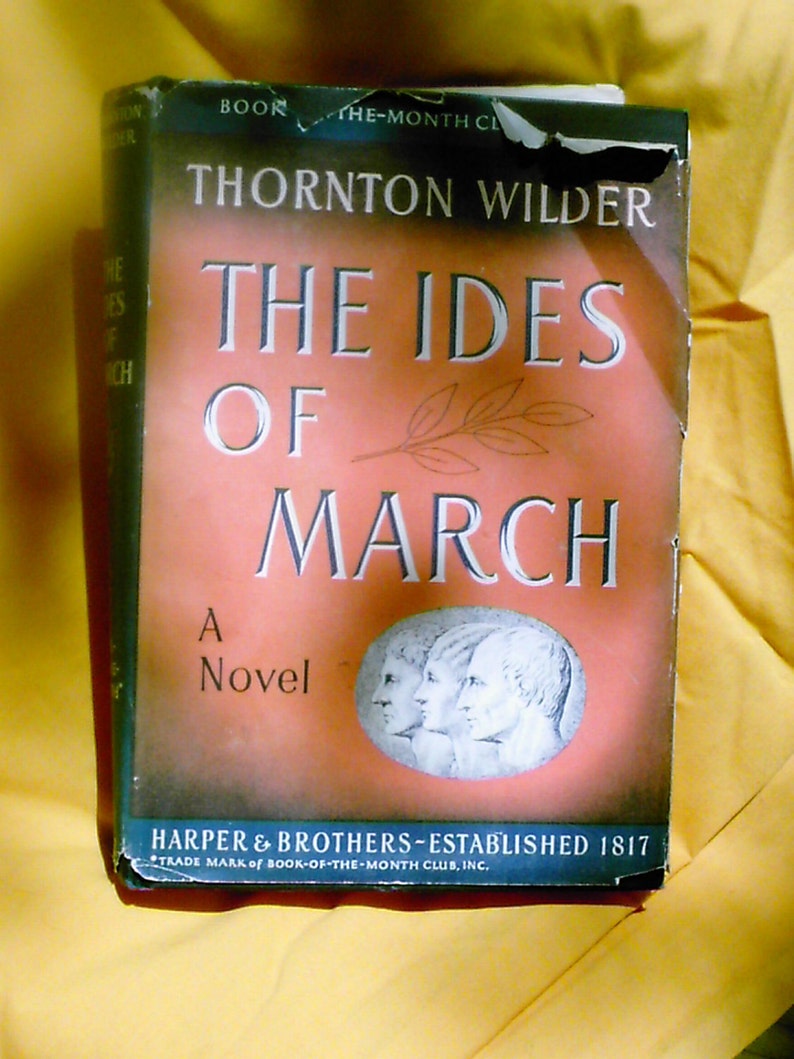


The following episodes feature the Princess Alix d’Espoli, a woman of strong emotional sensibilities. The Cabalists, however, accept this death philosophically. But Marcantonio relapses, attempts sexual relations with his half-sister, and then commits suicide. Relying on both Puritanical and psychiatric language in his admonitions, “remorseless counsels … the wine of the Puritans and alternating the vocabulary of the Pentateuch with that of psychiatry,” 1 Samuele manages to reform Marcantonio for a while.

When Samuele discusses this mission with Cardinal Vaini, a former missionary to China and now an influential, scholarly churchman, Samuele is astonished to learn that the Cardinal agrees that the goal of moral reform is short-term only. Her Highness the Duchess d’Aquilanera, one of the Cabala, asks Samuele to intervene with her adolescent son, Marcantonio, so that the boy might control his sexual escapades long enough to marry an aristocrat and continue their noble line. This effort foreshadows that of Julius Caesar to console the dying poet Catullus in Wilder’s later novel, The Ides of March (1948), also set in Rome.

The narrator tries to comfort the dying poet with the words of Greek and Latin poetry, while praising the world the dying man is leaving. Multiple clues (e.g., the poet’s coughing up blood, and residence in a small apartment near the Spanish Steps as well as references to “Chapman’s Homer”) indicate that Samuele is in the presence of the dying John Keats, although the novel is set in 1921 and Keats died in 1821. But the Cabala gives this American abroad the nickname of Samuele.įollowing his first meeting with the Cabala, Blair takes Samuele to visit a mortally ill English poet. The young American, whose name is never given, becomes their confidant. Blair introduces him to a small influential group of Roman aristocrats, called the Cabala. Its first-person narrator, a well-read and classically educated young American of a Puritan mindset, goes to Rome with his friend, the scholar James Blair. Albert & Charles Boni published the book in 1926. Wilder continued working on the book during his years as a French teacher at the Lawrenceville School and a graduate student in French literature at Princeton, completing it in 1925. Thornton Wilder began The Cabala, his first novel, as a journal while residing at the American Academy in Rome in 1920-1921, where he studied Roman archaeology. The Cabala, a semiautobiographical novel of unforgettable characters and human passions, launched Wilder’s career as a celebrated storyteller and dramatist. While there, he experiences firsthand the waning days of a secret community (a “cabala”) of decaying royalty, a great cardinal of the Roman Church, and an assortment of memorable American ex-pats. A young American student spends a year in the exotic world of post-World War I Rome.


 0 kommentar(er)
0 kommentar(er)
